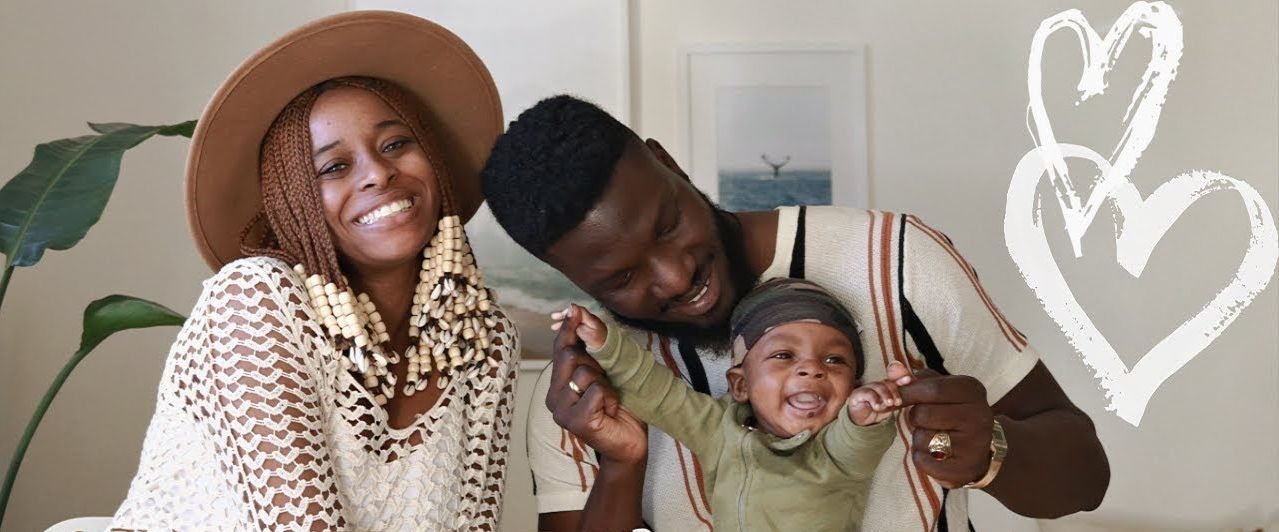BACK TO SCHOOL
Now or Later? Early Education and the Nigerian Child
I accompanied my aunt to scout for a school for my 1 year old niece over the summer holiday. After going through nearly 20 schools, she finally settled on one. My niece starts school this week with the new academic session.
I looked at how tiny she was and kept thinking about this trend of sending toddlers under the age of 2, to school. It’s as though we believe that early education is tantamount to general intelligence and long term success. Every parent wants their child to start school at an early age so they can graduate at a young age. This is the case with the British, Nigerian and American educational systems.
On the other hand, Finland the country with the best educational system in the world follows an unconventional method employing the “LESS IS MORE” approach.
The Finnish children starts formal schooling at the age of 7 when they are actually developmentally ready to learn and focus. Kids are allowed to be kids and to learn through playing and exploring rather than sitting still locked up in a classroom. The first year of elementary education is followed by only nine years of compulsory school and everything after the age of 16 is entirely optional. They either proceed to an upper secondary education of 3 years, or have a vocational education of 3 years or decide to enter the work force.
Students in Finland also spend less time in school. A school day typically starts by 9:45am and ends by 2:45pm. This equals more rest and more planning time for the students and teachers.
In Nigeria, certain factors like demanding jobs and odd work hours are responsible for the rise in early education. Nevertheless, we might want to have a re-think on our educational systems and how it affects our children in the long run.
Sign Up to Our Newsletter
Get notified about exclusive offers every week!










